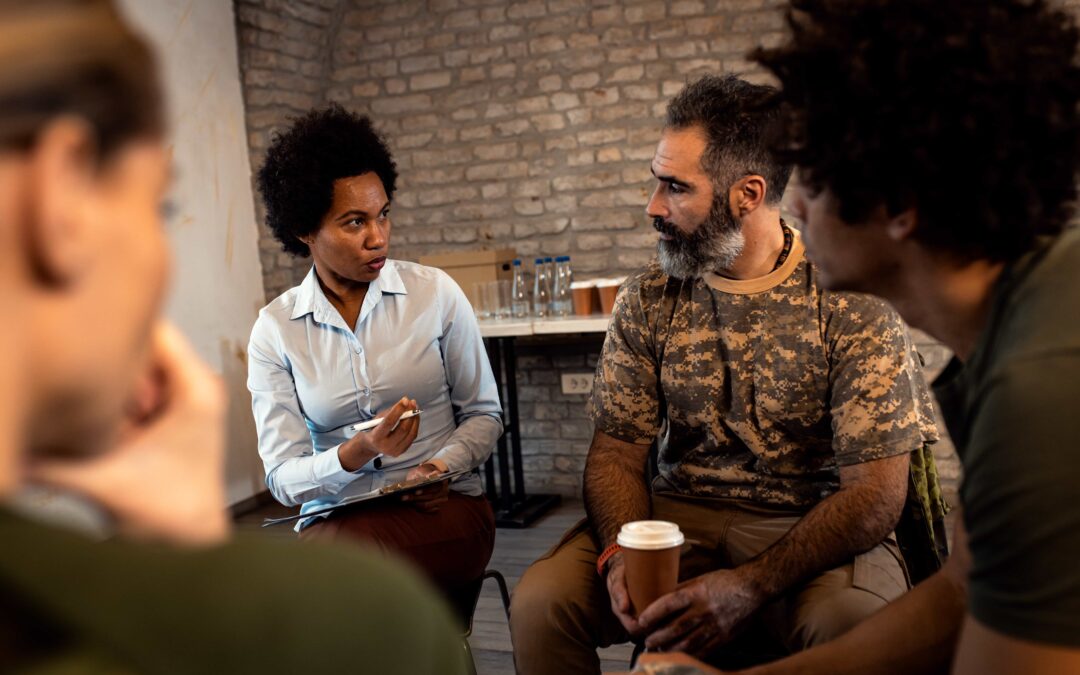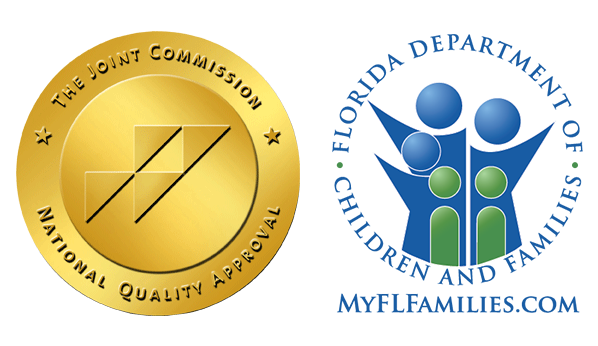In the journey toward recovery from substance abuse, individuals often find strength, support, and healing through group therapy interventions. At Beachcomber Recovery, a leading residential recovery center located in the vibrant community of Delray Beach, Florida, group therapy plays a central role in the holistic approach to addiction treatment. In this article, we’ll delve into the importance of group therapy interventions for substance abuse and explore how Beachcomber Recovery utilizes this modality to promote healing, connection, and long-term sobriety.
Understanding Group Therapy Interventions
Group therapy is a therapeutic approach that brings together individuals struggling with similar challenges, such as substance abuse, to share experiences, gain insights, and support one another in their recovery journey. Led by trained therapists or counselors, group therapy sessions provide a safe and supportive environment where participants can explore emotions, learn coping skills, and build connections with others who understand their struggles.
The Power of Connection and Support
One of the most significant benefits of group therapy interventions at Beachcomber Recovery is the sense of connection and support that participants experience. Many individuals battling substance abuse feel isolated and alone in their struggles, but group therapy offers a sense of belonging and camaraderie. Participants can openly share their experiences, fears, and successes, knowing that they are among peers who understand and empathize with their journey.
Learning from Shared Experiences
In group therapy sessions, participants have the opportunity to learn from one another’s experiences and perspectives. Hearing stories of triumph, setbacks, and personal growth can be incredibly empowering and inspiring. Through shared experiences, individuals gain valuable insights into their own patterns of behavior, triggers, and coping mechanisms, helping them develop a deeper understanding of their addiction and the path to recovery.
Building Coping Skills and Resilience
Group therapy interventions at Beachcomber Recovery focus on equipping participants with practical coping skills and tools to navigate life’s challenges without resorting to substance use. Through guided discussions, role-playing exercises, and mindfulness practices, individuals learn healthy ways to manage stress, cravings, and triggers. They also receive support and feedback from group members and facilitators, empowering them to build resilience and confidence in their ability to maintain sobriety.
Addressing Underlying Issues
Substance abuse is often a symptom of underlying psychological, emotional, or relational issues. Group therapy interventions provide a platform for individuals to explore these underlying issues in a supportive and non-judgmental environment. Through facilitated discussions and therapeutic exercises, participants can identify and address the root causes of their addiction, such as trauma, grief, or co-occurring mental health disorders.
Fostering Accountability and Responsibility
Accountability is a crucial component of the recovery process, and group therapy interventions help individuals take ownership of their actions and commitments. In group sessions, participants set goals, track progress, and hold each other accountable for staying sober and making positive changes in their lives. The support and encouragement of peers provide a powerful motivator to stay on track and remain committed to recovery. Certainly! Let’s delve further into the specific group therapy modalities and additional benefits of group therapy interventions at Beachcomber Recovery in Delray Beach:
Exploring Group Therapy Modalities
At Beachcomber Recovery, we offer a variety of group therapy modalities tailored to meet the diverse needs of our clients. These modalities may include:
- Psychoeducation Groups: These groups focus on providing participants with valuable information and skills related to addiction, recovery, and relapse prevention. Topics may include understanding the cycle of addiction, recognizing triggers, developing healthy coping strategies, and building resilience.
- Cognitive-Behavioral Therapy (CBT) Groups: CBT is an evidence-based therapeutic approach that helps individuals identify and challenge negative thought patterns and behaviors. In CBT groups, participants learn practical techniques to reframe their thinking, manage cravings, and develop healthier habits.
- Mindfulness-Based Groups: Mindfulness practices, such as meditation, deep breathing exercises, and guided imagery, are incorporated into group therapy sessions to promote relaxation, self-awareness, and emotional regulation. Mindfulness-based groups help participants cultivate a greater sense of present-moment awareness and reduce stress.
- Process-Oriented Groups: Process-oriented groups provide a space for participants to explore their emotions, experiences, and interpersonal dynamics in real time. Through facilitated discussions and experiential exercises, individuals gain insights into their relationships, communication patterns, and underlying issues contributing to their addiction.
Additional Benefits of Group Therapy at Beachcomber Recovery:
In addition to the therapeutic modalities mentioned above, group therapy interventions at Beachcomber Recovery offer several additional benefits:
- Peer Support and Validation: Group therapy provides participants with a sense of belonging and validation as they connect with others who share similar struggles and experiences. Peer support fosters empathy, compassion, and mutual understanding, reducing feelings of isolation and stigma associated with addiction.
- Social Learning and Role Modeling: Group therapy allows individuals to observe and learn from the experiences and successes of their peers. Positive role models within the group inspire hope and motivation, while constructive feedback and support encourage personal growth and behavior change.
- Relapse Prevention: Group therapy equips participants with practical skills and strategies to identify and manage triggers, cravings, and high-risk situations that may lead to relapse. By learning from the experiences of others and practicing relapse prevention techniques in a supportive environment, individuals enhance their ability to maintain sobriety long-term.
- Encouragement of Accountability: Group therapy fosters a sense of accountability among participants, who hold each other responsible for their recovery goals and commitments. The supportive atmosphere of the group provides encouragement, motivation, and reinforcement of positive behaviors, promoting accountability and adherence to treatment plans.
Conclusion: Empowering Recovery Through Group Therapy
In conclusion, group therapy interventions are a cornerstone of the comprehensive addiction treatment programs offered at Beachcomber Recovery in Delray Beach, Florida. Through connection, support, and shared experiences, group therapy provides individuals with the tools, insights, and resilience they need to overcome substance abuse and embrace a healthier, more fulfilling life. At Beachcomber Recovery, we are committed to empowering individuals on their journey to recovery and helping them build a strong foundation for long-term sobriety. If you or a loved one is struggling with substance abuse, we encourage you to reach out and explore the transformative power of group therapy at Beachcomber Recovery.











